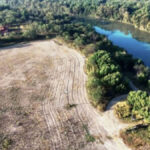
US to Bail Out Puerto Rico
Although there are only 3.5 million residents in Puerto Rico, the US territory has managed to rack itself up a $70 billion debt.
Last Wednesday, the senate passed the Puerto Rico Oversight, Management, and Economic Stability Act (PROMESA) with a 68-30 vote to deliver a rescue package to the territory. This was just in time since the island was supposed to make a major payment, specifically a whopping $2 billion to creditors.
The situation in Puerto Rico is dire. The recession on the island has caused millions to flee the country, this influx started in 2010. Businesses have been forced to close, schools have not been able to pay electric bills and hospitals haven’t had funds for medications.
Considering that the island is part of the US, Congress officials have argued that if the US didn’t step in the island would never be able to climb out of the economic chaos on its own. This is one of the few issues that congress seems to agree on unanimously. All four republican and democratic leaders supported the bill.
“If we don’t act before the island misses a critical debt payment deadline this Friday, matters will only get worse — for Puerto Rico and for taxpayers,” said Mitch McConnell, senate majority leader, R-Ky.
Obama agreed that “bailing” the island out was the way to go and will be signing the bill.
“This bill is not perfect, but it is a critical first step toward economic recovery and restored hope for millions of Americans who call Puerto Rico home,” said Obama.
But the bill doesn’t offer funds directly to the territory, instead a control board will oversee and restructure the Puerto Rican debt. 7 members of the committee will be participating in negotiations with creditors and the courts regarding the major debt, similarly to what was done in the District of Colombia in the 1990s (look at where Colombia is now…)
“We are starting to take the island back from creditors and giving it to Puerto Ricans,” said Gov. Alejandro Garcia Padilla.
The bill protects the island from its impending lawsuits.
“The bill, which would give Puerto Rico certain powers that are normally available only in bankruptcy” and “halt most creditors’ lawsuits against Puerto Rico, another provision that is normally available only in bankruptcy,” writes the New York Times.
If the US didn’t implement this plan of action, Puerto Rico would have faced multiple expensive lawsuits continuing the vicious cycle of debt. Not to mention, the financial debt could of lead to shutting down public transit and closing hospitals and police stations.
The territory will now also be forced to create a fiscal plan and fund public pensions.
But, how did Puerto Rico get into this debt crisis?
The recession has lasted for roughly 10 long years, starting with the expiration on tax credits which caused manufacturing jobs to start to leave the territory. The state of the island only worsened with the economic downturn in 2007. The government was then forced to borrow money to cover budget shortfalls, but then it could not pay back its debt. One third of Puerto Rican tax revenue goes to paying its debt and the territory recently implemented new taxes and increased utility rates to increase this revenue.
The current unemployment rate is at 12%, causing residents to flee the country in search of other job opportunities.
But, is it the US’ responsibility to bail Puerto Rico out?
The bill has been criticized for setting a bad precedent for other states in a financial crisis.
“They’ll say, ‘if a territory can receive unprecedented authority from Congress, then why shouldn’t a state?'” said Chuck Grassley, senate judiciary committee chairman, R-Iowa.
Also, this solution seems to be only temporary.
“I’m afraid this bill provides little more than a Band-Aid on a bullet hole with regard to Puerto Rico’s unsustainable debt,” said Senator Bob Menendez. “Mark my words—if we don’t seize this opportunity to address this crisis in a meaningful way, we’ll be right back here in a year from now picking up the pieces.”
Nonetheless, government officials’ time (which in turn costs US taxpayers money) will be taken up by this issue as the federal government continues to come up a better solution for Puerto Rico.
Editor’s note: This is indeed a very dangerous precedent. This bill subsidizes irresponsible behavior.



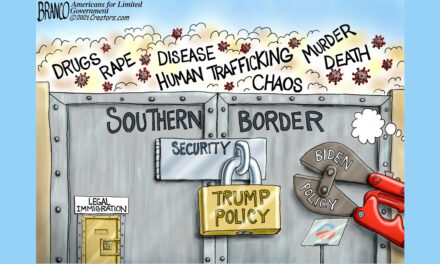


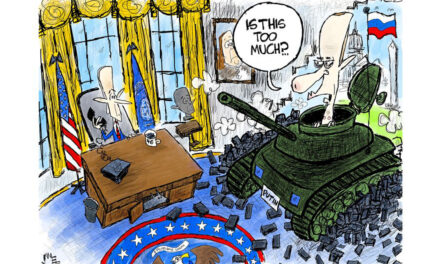







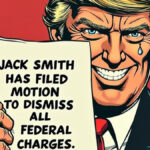


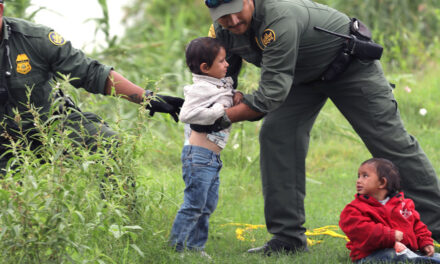


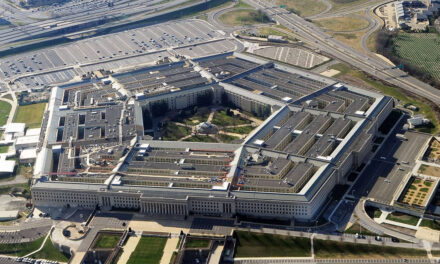





If ya'll say so, E.D., then it must be so. MSNBC vs PBP challenge and compare. Scandals, they pop up…
Whoops, I meant Robert.
I was referring to Roger being mentally unhinged. He's the one that was ranting. Hell, I support Trump. I don't…
Your daughter
I noted in another post that if I were king of the forest....... I would pardon all the non-violent 1/6…